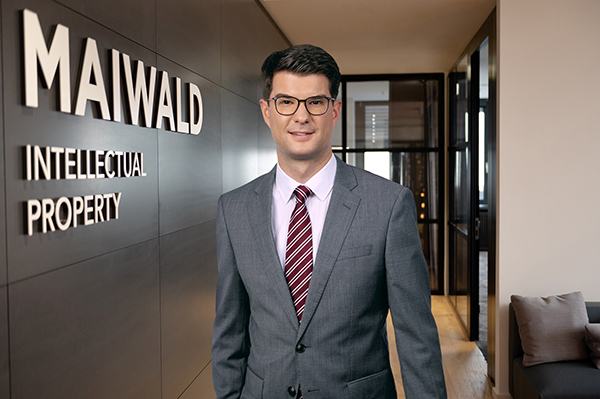In all probability, the Unitary Patent System will kick off on 1 June 2023. Applicants of European patents which will be granted on or after that date, thus, have two options. Either they stick with the classical bundle patent, i.e. validate the granted European patent in selected countries. Alternatively, they file a request for unitary effect such that they will become proprietor of a unitary patent in the 17 states currently participating in the unitary patent system. This decision will depend very much on the protection strategy pursued and the anticipated costs incurred for either alternative.
To help with the cost aspect of this decision, a cost simulator is now available on our website (https://www.maiwald.eu/en/upc/#unitary-patent-cost-simulator). The cost simulator can be used to compare the costs of a unitary patent and a bundle patent which cumulate over a variable period of time. The results can be displayed in euros, US dollars, yen or pounds sterling. The following types of costs may be taken into account:
- Prevailing market rates for translations necessary in connection with the validation and the request for unitary effect,
- Maintenance fees, and
- Prevailing market rates of service providers handling the payment of renewal fees and, in the case of bundle patents, validations.
The cost simulation can be easily adapted to individual requirements and circumstances.
For example, to calculate the anticipated translation costs, you can specify the number of words in the description and the claims of an application. You can also enter the time span between filing and grant, which will determine when the translation costs accrue.
As regards maintenance fees, the duration of the patent term for each validation country can be selected differently in the bundle patent. For example, abandonment of one or more national parts of the bundle patent before its expiry term can be included in the comparison. This allows for a realistic comparison of the bundle patent with the unitary patent.
Regarding the costs for service providers, the calculator assumes that both the validation and payment of the maintenance fees will be handled by a service provider. Appropriate market rates are used as a basis.
The aggregated simulation results are presented graphically over the lifetime of the patent so that the cost differences of the two alternatives are intuitively shown.
We hope you enjoy trying it out!
